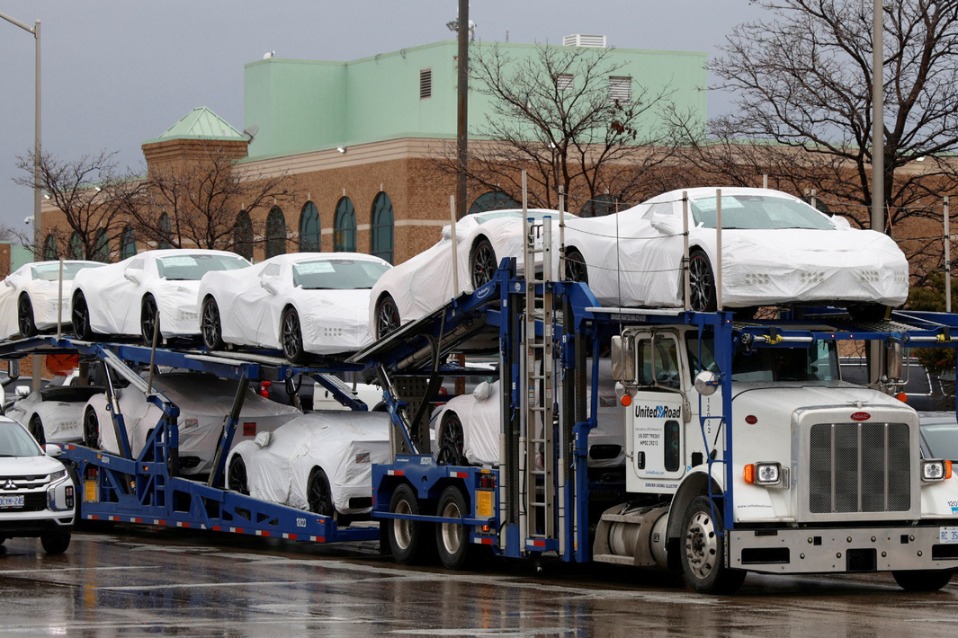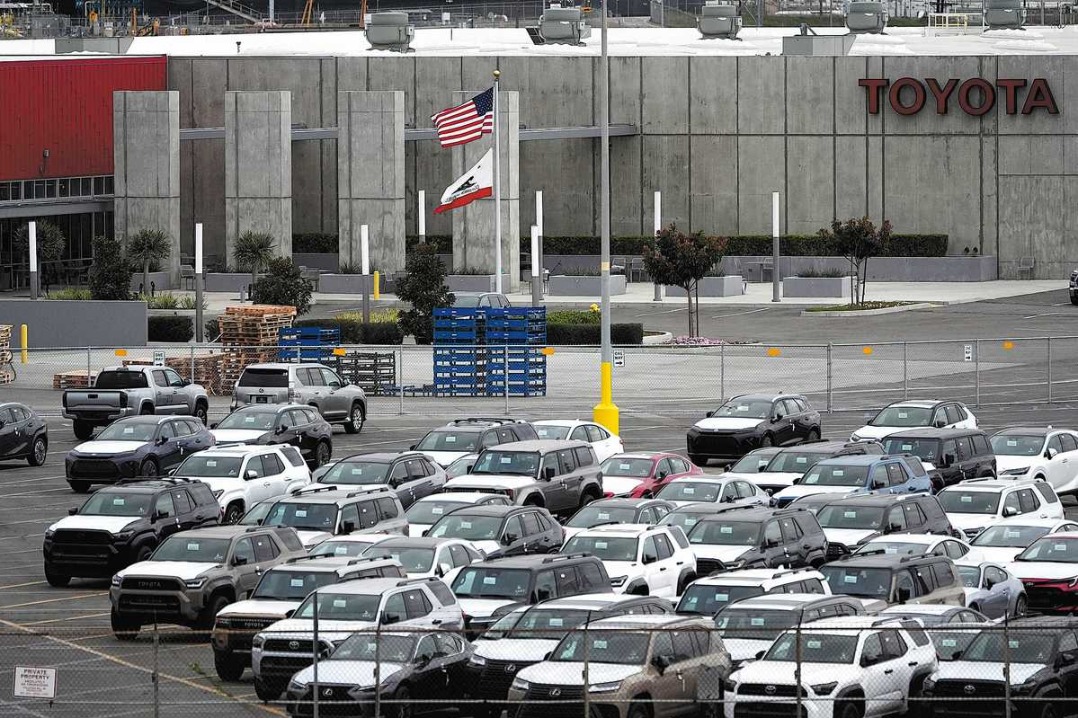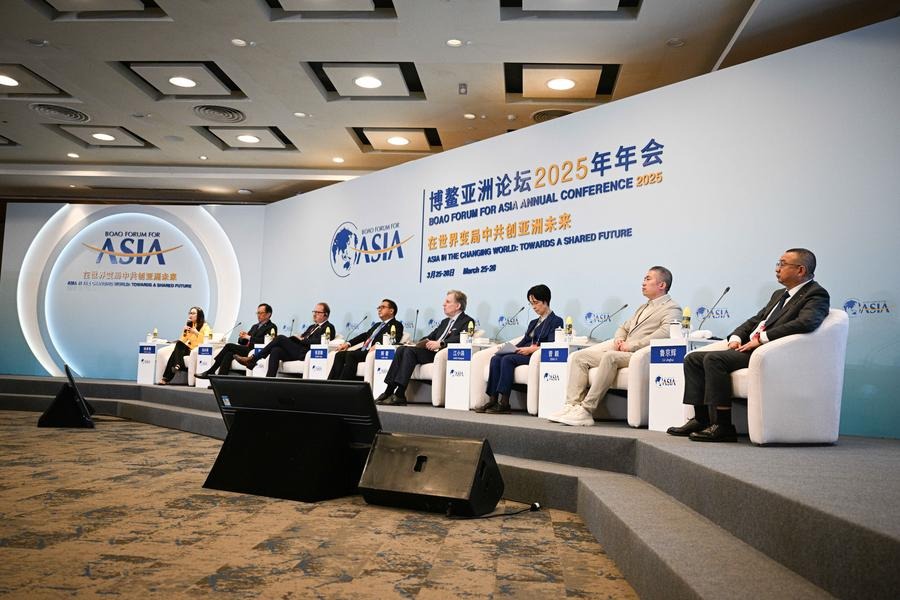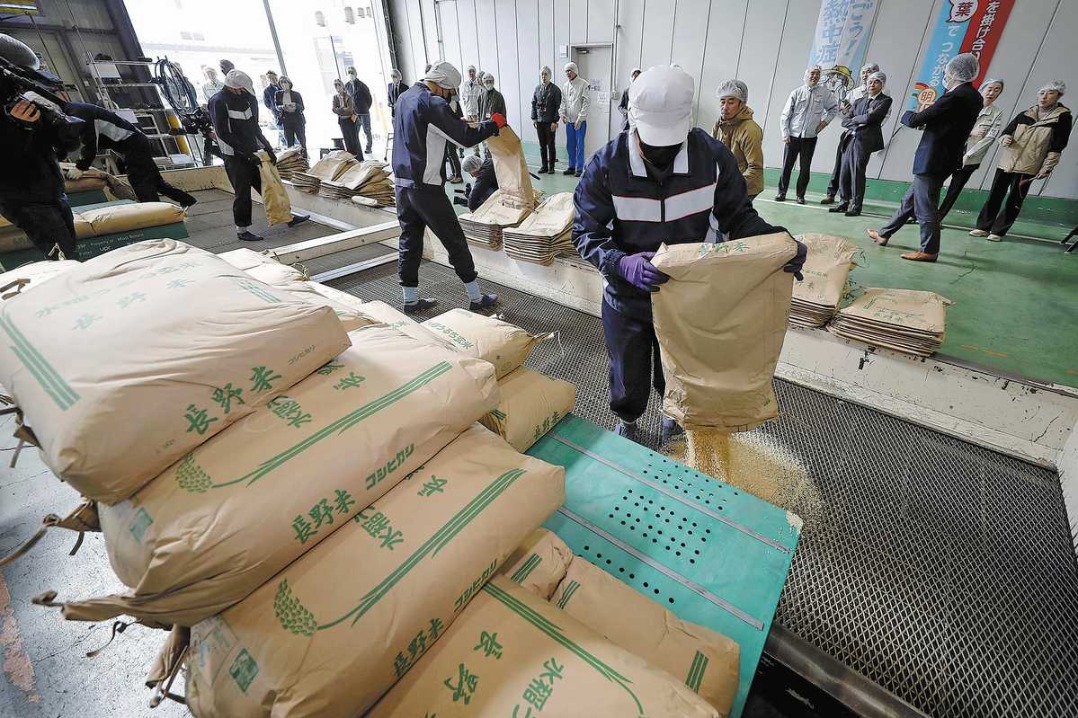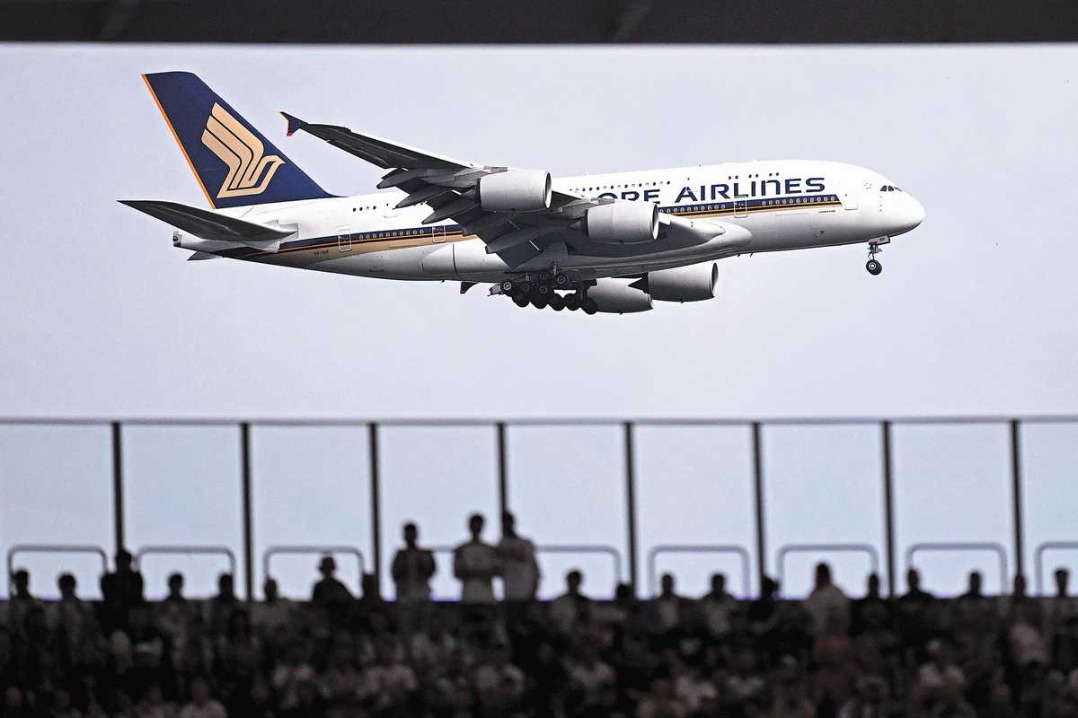Auto industry rocked by tariffs
Hefty levies stand to hit US consumers hard in pocket and hamper production

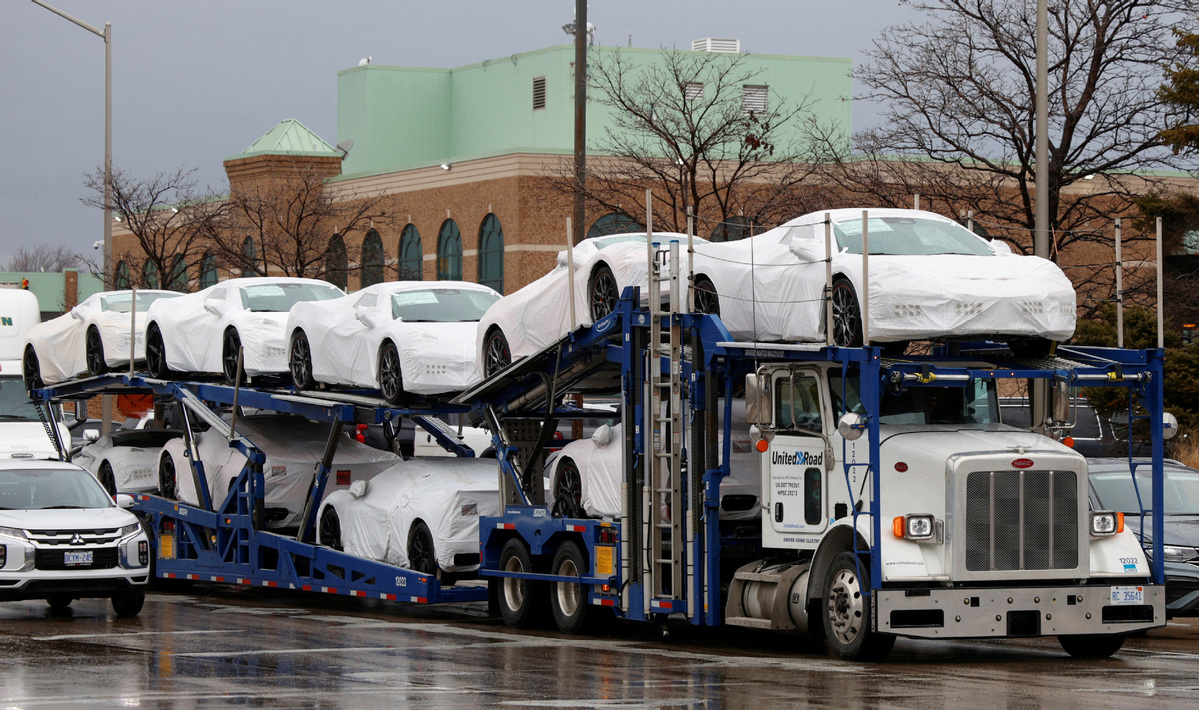
DETROIT/WASHINGTON — US automakers and their global rivals were rocked on Wednesday by US President Donald Trump's announcement that the US would impose tariffs of 25 percent on all vehicles and foreign-made auto parts imported into the United States.
The new levies, if kept for an extended period, could add thousands of dollars to the cost of an average US vehicle purchase and impede car production across North America.
That will be because of the intertwined manufacturing operations developed by carmakers across Canada, Mexico and the US over the past 30 years. The US imported $474 billion worth of automotive products last year. Five countries — Mexico, Japan, the Republic of Korea, Canada and Germany — supplied most US auto imports.
The European Commission President Ursula von der Leyen described the move as "bad for businesses, worse for consumers", and Canada's Prime Minister Mark Carney labeled the tariffs a "direct attack" on Canadian workers and said retaliatory measures were being considered.
China's Foreign Ministry warned on Thursday that trade and tariff wars benefit no one and that no country can achieve lasting development and prosperity through protectionist measures.
The US practice violates the rules of the World Trade Organization, and undermines the rules-based multilateral trading system as well as the common interests of people from all countries, said Guo Jiakun, a spokesman for the ministry.
Brazil's President Luiz Inacio Lula da Silva said in Tokyo that Trump risked damaging the US economy with additional tariffs.
Lula vowed to lodge a complaint with the World Trade Organization over a trade levy on steel.
In the wake of the news, shares of General Motors fell 8 percent in aftermarket trading. Shares in Tesla, which makes all the cars sold in the United States locally but with some imported parts, fell 1.3 percent.
Trump said the duties announced on Wednesday could be a net neutral or even good for Tesla, adding that its chief executive, and his close ally, Elon Musk, did not advise him regarding auto tariffs.
In a post on X following the news, Musk said the tariffs would also affect Tesla. "The cost impact is not trivial," Musk wrote in X.
Many trade experts expect prices to initially rise and demand to fall, hurting a global auto industry that is already reeling from uncertainty.
On Wednesday Trump reiterated that he expected the auto tariffs to prompt automakers to boost investment in the US instead of Canada or Mexico.
Fewer options, jobs
Autos Drive America, a group in Washington representing major foreign automakers such as Honda, Hyundai, Toyota and Volkswagen, said the "tariffs imposed today will make it more expensive to produce and sell cars in the United States, ultimately leading to higher prices, fewer options for consumers and fewer manufacturing jobs in the US".
Automakers in North America have largely enjoyed free trade status since 1994. Trump's 2020 US-Mexico-Canada Agreement imposed new rules designed to spur regional content production.
After announcing tariffs of 25 percent on Mexico and Canada early this month, Trump allowed a one-month reprieve for vehicles produced in compliance with the terms of the 2020 trade agreement, which benefited US companies. The new rules do not extend that reprieve.
"Companies that have invested hundreds of millions and billions of dollars on plants in Canada and Mexico will likely see their profits cut dramatically over the next few quarters, if not into a couple of years," said Sam Fiorani, an analyst with AutoForecast Solutions, an industry forecaster in Chester Springs, Pennsylvania.
"We're going to look at adjusting our sales and production forecasts because this will throw everything into chaos."
The White House said that 25 percent tariffs on automotive parts imported into the US would take effect no later than May 3, taxing key items such as engines, transmissions, powertrain parts, and electrical components.
Zhou Jin in Beijing contributed to this story.
Agencies Via Xinhua

















